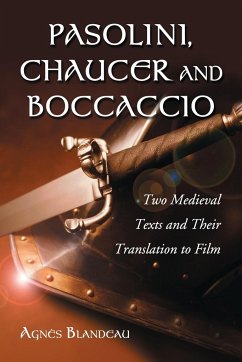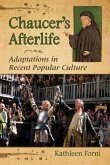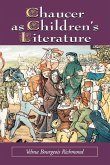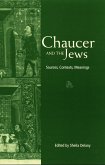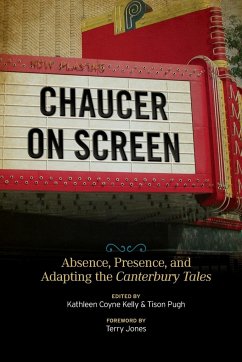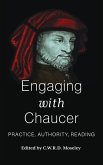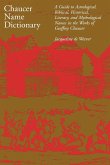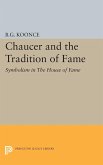Pier Pasolini's "trilogy of life" is a series of film adaptations of major texts of the past: The Decameron, The Canterbury Tales, and One Thousand and One Nights. The movies demonstrate a film author's acute aesthetic sensibility through a highly original cinematic rendering of the sources. The first two films, closely examined in this book, offer a personal, purposefully stylized vision of the Middle Ages, as though Pasolini were dreaming Boccaccio's and Chaucer's texts through the filter of his "heretic" consciousness. The unusual poetic visualization of the source works, which could be described as irreverent cinematic homage, has the potential to renew the traditional reading of such literature. This book shows how cinema becomes an alternative form of storytelling. It first studies the two films in detail, putting them in perspective within the trilogy. Next it interprets them, recounting misinterpretations and expounding upon Pasolini's ideological perception, and defends the oft-criticized adaptations. Finally, it discusses how the films represent innovation over strict adaptation. Appendices offer charts with information on the narrative structures of the films and the correspondences between them.
Hinweis: Dieser Artikel kann nur an eine deutsche Lieferadresse ausgeliefert werden.
Hinweis: Dieser Artikel kann nur an eine deutsche Lieferadresse ausgeliefert werden.

